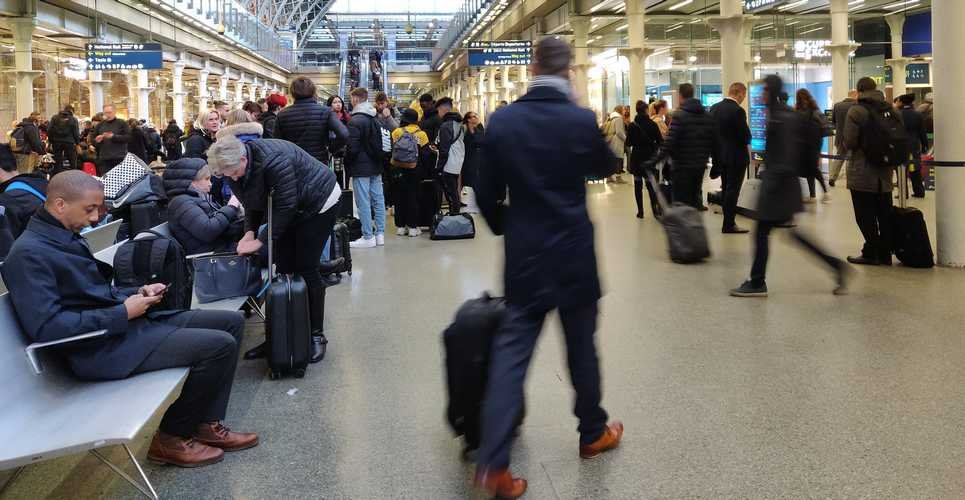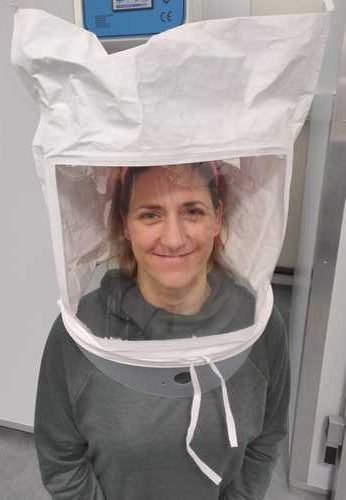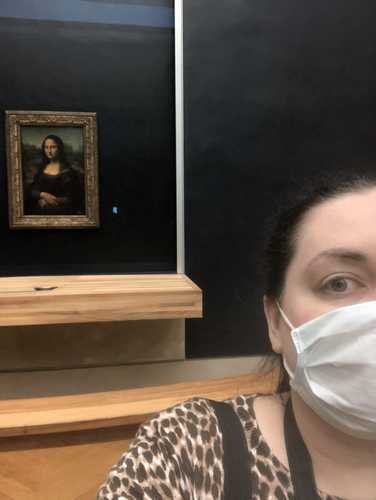
With Coronavirus all over the news and a trip to Japan recently cancelled due to concerns the virus will spread, my husband asked me the other night if we should wear masks when we go on our re-booked holiday to the USA. Let me be clear that I am not a medical professional so if you are worried, you should speak to your GP or consult the links at the bottom of this post before you decide if you want to wear a mask. I do, however, have many years experience fitting people to wear the correct size N95 mask (random part of my job during my masters degree and also part of my current role). Read on to learn more about personal protective equipment masks and what they are used for.
This rating means the mask filters out 95% of particles when worn properly. In the UK, the equivalent mask rating is FFP2.

Where can I get one that fits?
You will need to have a mask fitting to ensure you have one that fits properly. This involves putting a hood over your head while wearing the mask and having a bitter solvent sprayed into the hood (even my mom has had this done!). The idea is that a correctly fitted mask will not allow any air to get between the mask and your skin. This prevents germs from entering the nose or mouth and therefore infecting you. If you have facial hair, you will not be able to wear a mask effectively. You can watch my YouTube video for more info.
Keep in mind, that the news is reporting a global shortage of personal protective equipment (PPE) due to the outbreak. In addition, there are many scams and price inflation occurring on masks, hand santizers and disinfecting wipes. I suggest leaving the masks for the professionals.
What is it like to wear one?
The masks will make it hard to breathe and can be very hot to wear, depending on the environmental conditions and what you are doing. It also makes it hard for others to hear you because your speech will be muffled.

Will the Coronavirus kill me?
The World Health Organization (WHO) reports global death rate of 3.5% for Coronanirus. The population most at risk is people 60+ years old who have underlying health conditions. Children seem to be asymptomatic.
What can I do to reduce my risk of catching Coronavirus?
Many health officials have asked people to self-isolate if they have been traveling to affected areas. Frequently washing your hands for at least 20 seconds, especially when in public places, will also help reduce the risk. Carry hand santizer and avoid touching your hands to your face and eyes if they are not clean. Finally, aim to stay six feet away from infected people, especially if they are coughing or sneezing. Refer to your local health authorities for up-to-date information as the global situation seems to be changing on a daily basis.
Unfortunately, a vaccine is at least 12-18 months away from being ready for market. This is due to rigorous testing in both animal and human models. I have read reports that the incubation period is five days and others that report 12 days. Working at home (which also helps you avoid public transport), will help reduce your risk of exposure and also prevent you from spreading the virus if you are infected.

Each day, we learn more about the virus. The lack of knowledge has been the biggest barrier. We don’t know all methods of transmission, how long it can live on surfaces, and other important information which can help limit the spread of the diseases. Stay up to date by visiting the links and references below for more information (some updated daily) rather than relying on social media:
World Health Organization (WHO) Novel Coronavirus outbreak 2019

